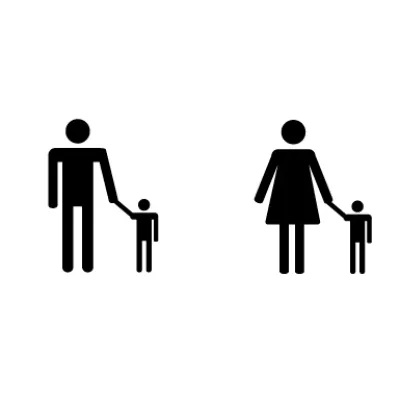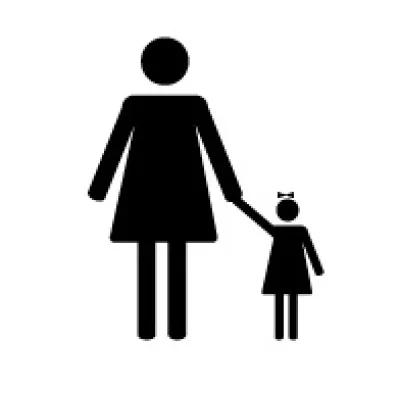
Determining Custody
If the parties can not agree, the court looks to the best interest of the child to determine custody. What is in the best interest of the child, however, is often hotly debated.
In these cases, Georgia law provides a list of specific factors that a judge must consider when determining what will best promote the child's welfare and happiness.
We are Your Source for Child Custody
With a huge library of resources that covers every aspect of child custody from start to finish...
Major Catagories of Child Custody Decisions
While most people usually refer to child custody generally as if it was only one thing, the law looks at child custody in a much more nuanced and detailed way. From a high-end point of view, the court divides custody into two independent items:
Physical Custody
How time is divided with a child
-
The general pattern for who has time with a child.
-
Summer Visitation
-
Holiday Visitation
Legal Custody
Who has final say-so regarding decision related to a child
-
Health Care
-
Education
-
Extracurricular Activities
-
Religion
Parenting Plans
A parenting plan is a document that defines all child custody matters. Specifically, it is filed with the court and explains the parties’ agreement (or the court’s order) regarding visitation, legal decision making, transportation and many other topics related to the parties’ children. Because it is what guides the parties on all post-divorce related matters related to their children, we consider it to be the most important child custody document in Georgia...
 Download our Custody Guide
Download our Custody Guide 






